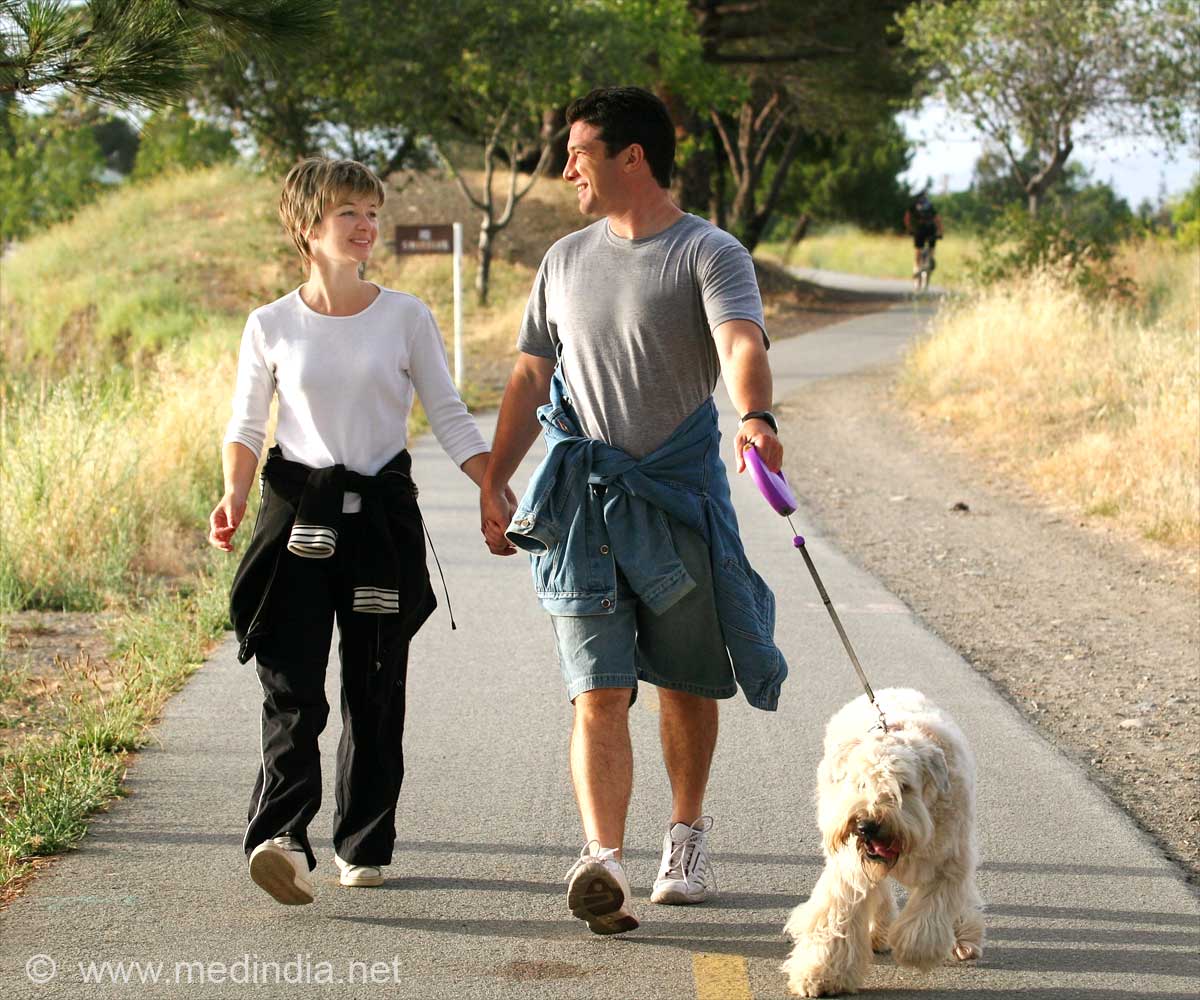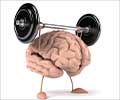Boost your brain power with simple movements! Walking, cleaning, or light exercise can sharpen your mind and make you feel years younger- instantly.

- Engaging in any physical activity, even low-intensity, can improve cognitive processing speed, making your brain feel four years younger
- A brief walk or light movement can have immediate benefits for brain function, especially in middle-aged adults
- Frequent physical activity may provide short-term boosts in mental agility, suggesting a link between movement and sharper cognitive performance
A quick 10-minute walk can sharpen your brain's processing speed by up to 4 years, making it an easy way to stay mentally fit! #brainhealth #fitnessformind #medindia’
Cognitive Health Benefits of Everyday Physical Activity in a Diverse Sample of Middle-Aged Adults
Go to source).
Does Physical Exercise Improve Brain Health?
"You don't have to go to the gym to experience all the potential benefits of physical activity," said Jonathan Hakun, an assistant professor of neurology and psychology at Penn State and the Penn State College of Medicine. "Every movement is crucial. Everyday mobility counts as a source of accumulated physical activity that can contribute to a healthy lifestyle and may have a direct impact on cognitive health."Previous research on the association between physical exercise and cognitive health has mainly focused on the long term, such as spanning decades in a retrospective study or months to a year in intervention trials. Hakun stated that he was interested in connecting the dots sooner to better understand the possible short-term influence of physical activity on cognitive health.
The research team used smartphone technology to connect with individuals several times throughout their usual daily lives, following a methodology known as ecological momentary assessment. Over the course of nine days, participants checked in six times per day, or every 3.5 hours.
During each check-in, participants were asked if they had been physically active since the previous one. If they were active, they were asked to rank the intensity of their exercise as light, moderate, or strong. For example, strolling and cleaning were deemed mild intensity, whereas running, rapid biking, and strenuous trekking were rated vigorous intensity. Participants were then asked to play two "brain games," one to test cognitive processing speed and the other to assess working memory, which Hakun described as a proxy for executive function.
Physical Activity Improves Brain Function
The researchers discovered that when subjects reported being physically active within the previous 3.5 hours, they demonstrated processing speed gains similar to being four years younger. While there were no apparent gains in working memory, the reaction time during the working memory task paralleled the increases in processing speed.Furthermore, persons who reported being active more frequently saw stronger short-term advantages than those who reported less physical exercise overall. According to Hakun, regular physical activity may improve cognitive health. However, he emphasized that additional research is needed to determine how much physical activity, as well as the frequency and timing of activity, affects cognitive health.
Hakun suggests that future studies might combine ecological momentary assessment with activity-tracking techniques to better track the relationship between observable physical activity, behavior, and cognitive outcomes. He also intends to collect data over a longer period of time to determine how daily physical activity affects cognitive health over time in comparison to natural aging.
Reference:
- Cognitive Health Benefits of Everyday Physical Activity in a Diverse Sample of Middle-Aged Adults - (https://academic.oup.com/abm/advance-article-abstract/doi/10.1093/abm/kaae059/7828202?redirectedFrom=fulltext)
Source-Medindia















